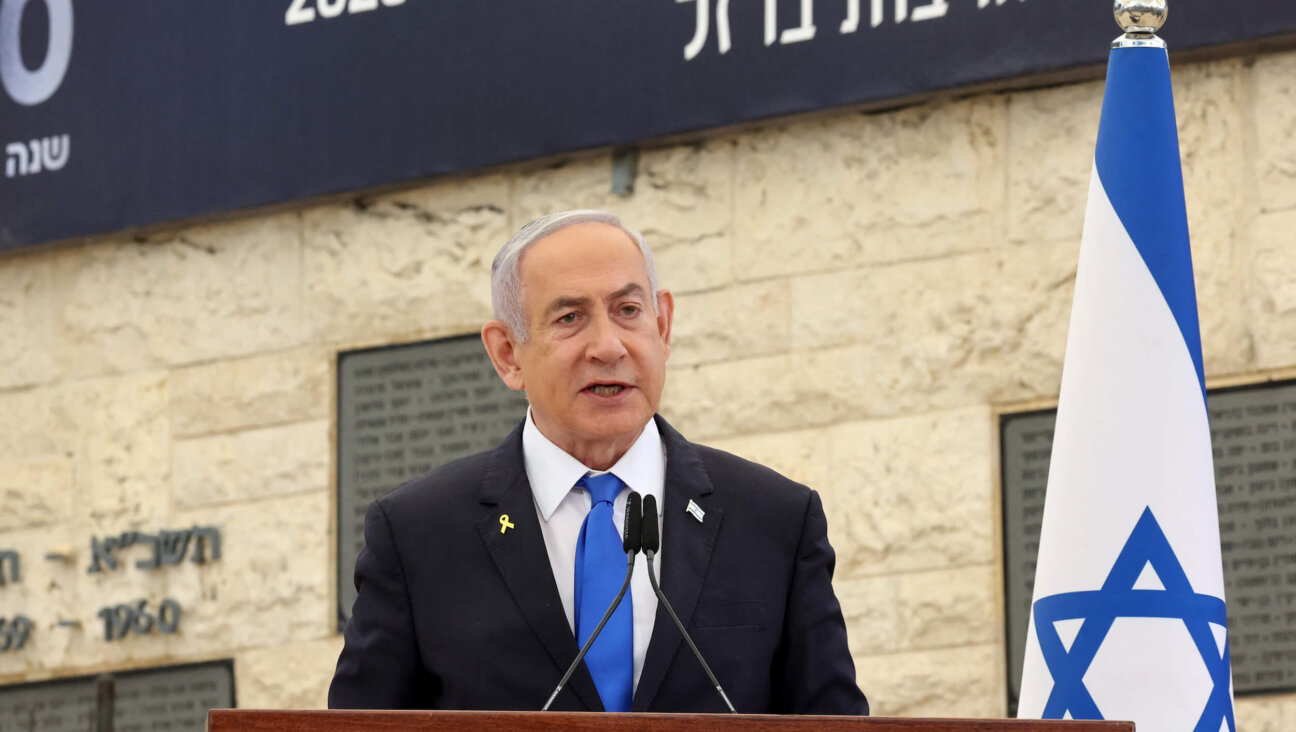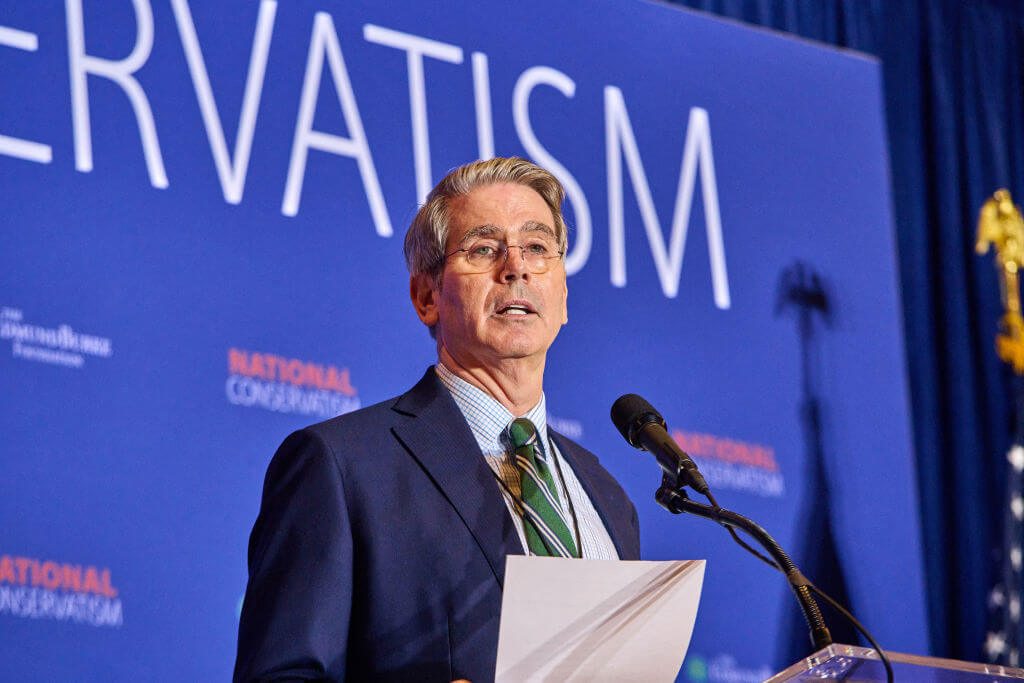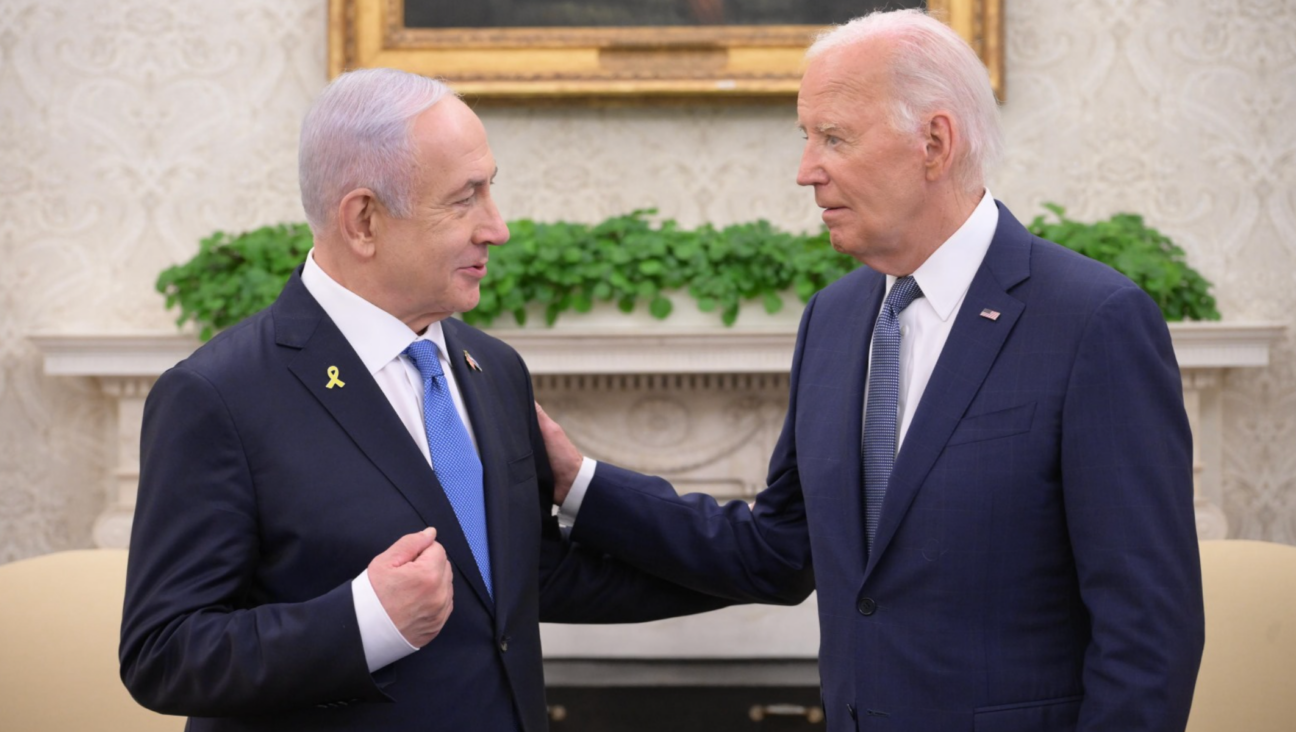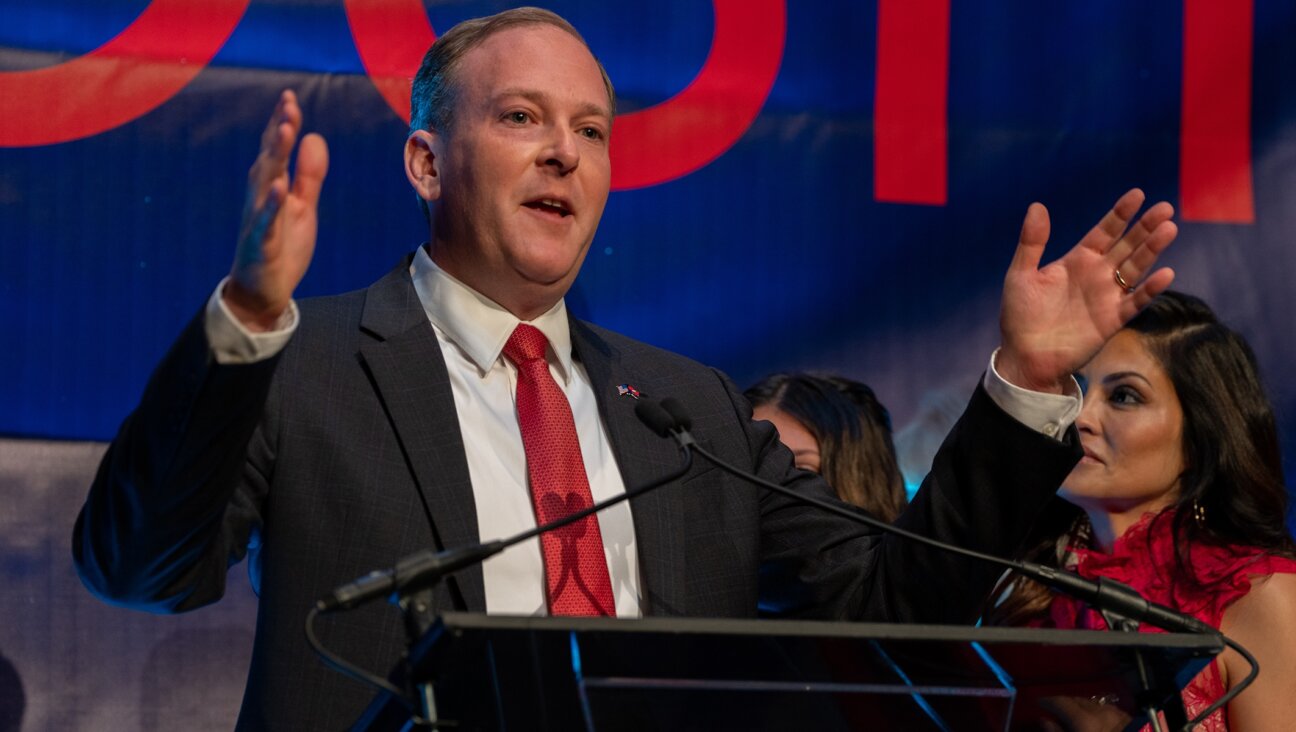Agony and Urgency in Gaza
When Israel opened fire on Gaza December 27, its stated goals were limited ones: weakening the rejectionist Hamas, stopping the rocket fire on Israel’s south and checking the underground flow of new weapons into the coastal strip. Three weeks later, when the shooting stopped, none of those goals had been reached unequivocally. But something bigger happened. In a strategic shift, the possibility of a viable Israeli-Palestinian peace settlement had come nearer than at any time in recent memory. And yet, it was becoming inescapably clear that time was running out.
The nearness of a possible peace was evident in the acknowledgement by moderate Arab and European governments that Hamas poses an impossible impediment to peace, and that Israel’s legitimate security needs — beginning with an end to weapons smuggling — are essential to any agreement. Israel had been waiting for this recognition before it would take irrevocable steps toward compromise.
But every new shell that fell on a Palestinian home further weakens Israel’s remaining Palestinian allies and increases pressure on moderate governments from the enraged Arab street. Saudi Arabia admitted as much after the latest cease-fire, when it declared that the 2002 Arab peace plan, offering Israel full recognition from all Arab states in return for full withdrawal to the pre-1967 borders, “will not be on the table forever.” Israel needs to make decisions, and quickly.
Israel still has potential peace partners. But the longer it delays the hard decisions, beginning with a real plan to evacuate settlements to make way for Palestinian statehood, the more it threatens the tenuous friendships it now has and clears the field for the agents of death.
Nothing illustrates Israel’s dilemma better than the agony of Dr. Izzeldin Abuelaish, the Palestinian physician who lost three daughters and a niece on the last day of the recent fighting. An Israeli-trained obstetrician, he lived in a Gaza refugee camp and worked at the Sheba Medical Center near Tel Aviv, counseling couples on in-vitro fertilization, helping Israelis to have children. He was an outspoken advocate of Israeli-Palestinian peace who had sent his daughters to a Jewish-Arab peace camp in New Mexico. He was familiar to Israelis for his daily live television reports from inside Gaza. His last report, on January 16, was a distraught cry that his daughters were dead, killed just moments before by an Israeli shell.
Even in his grief, Abuelaish has continued to speak out on the importance of peace. “Military action will not lead to anything,” he told the Chicago Tribune. “I believe in saving lives, not killing.” Alas, the families of the dead are not always so understanding. More often, they let themselves become living witnesses to the wickedness of the other side and the folly of trusting the enemy, and so their victimhood becomes one more obstacle to conciliation.
War can help to ease a country’s strategic physical circumstances, but it cannot change hearts to bring peace. It must never be chosen unless all other possibilities have been exhausted.
Had Israel exhausted all other possibilities? By its usual calculations, yes. It withdrew unilaterally from Gaza in 2005, leaving only its crippling blockade on entry and exit because of the terrorists who dominate the strip. It has accepted the idea of territorial compromise and creating a Palestinian state — after which it presumably will remove its humiliating roadblocks and other restrictions from the West Bank. Whenever the Palestinians blink first, Israel is willing to blink second. That may no longer be an option. One of the lessons of the Gaza war is that time is running out. Israel can’t wait until the other side blinks to start showing good faith.
A message from our CEO & publisher Rachel Fishman Feddersen

I hope you appreciated this article. Before you go, I’d like to ask you to please support the Forward’s award-winning, nonprofit journalism during this critical time.
We’ve set a goal to raise $260,000 by December 31. That’s an ambitious goal, but one that will give us the resources we need to invest in the high quality news, opinion, analysis and cultural coverage that isn’t available anywhere else.
If you feel inspired to make an impact, now is the time to give something back. Join us as a member at your most generous level.
— Rachel Fishman Feddersen, Publisher and CEO























